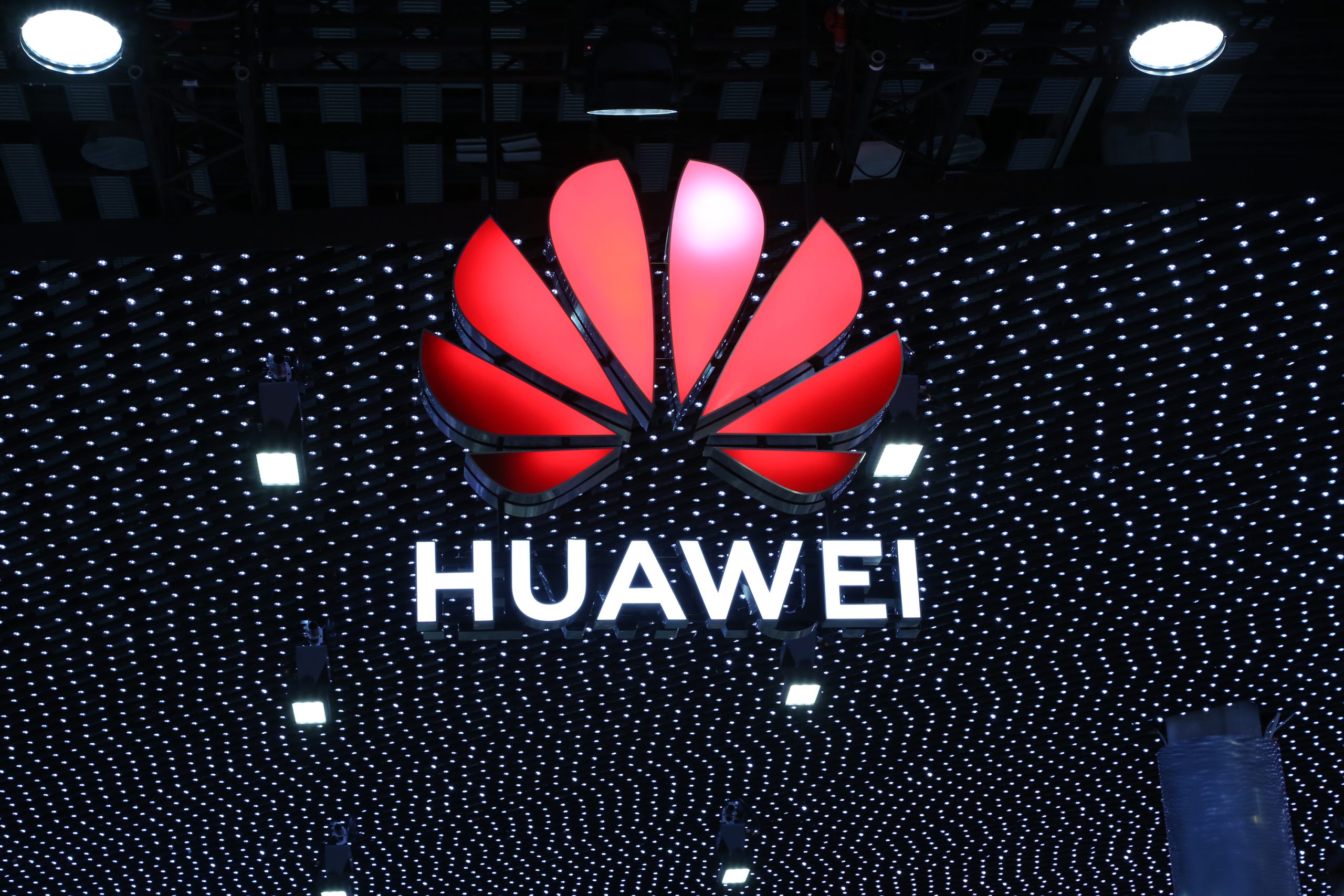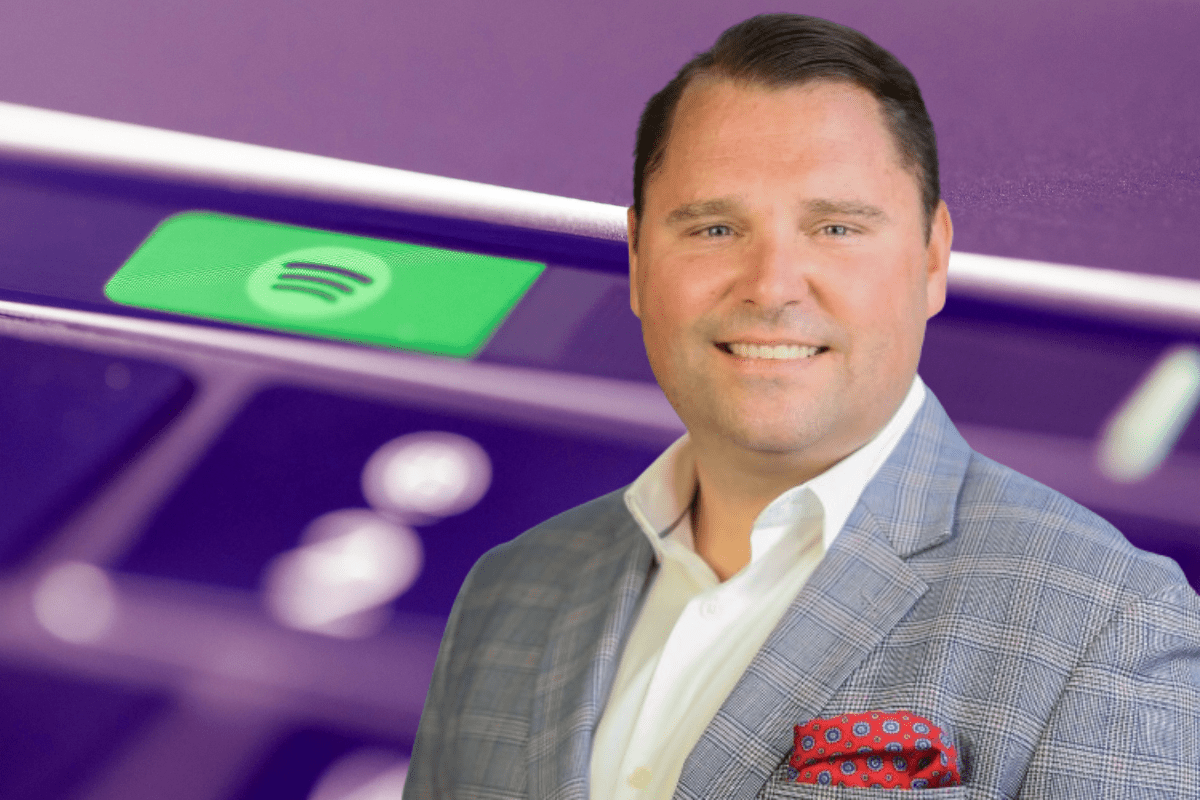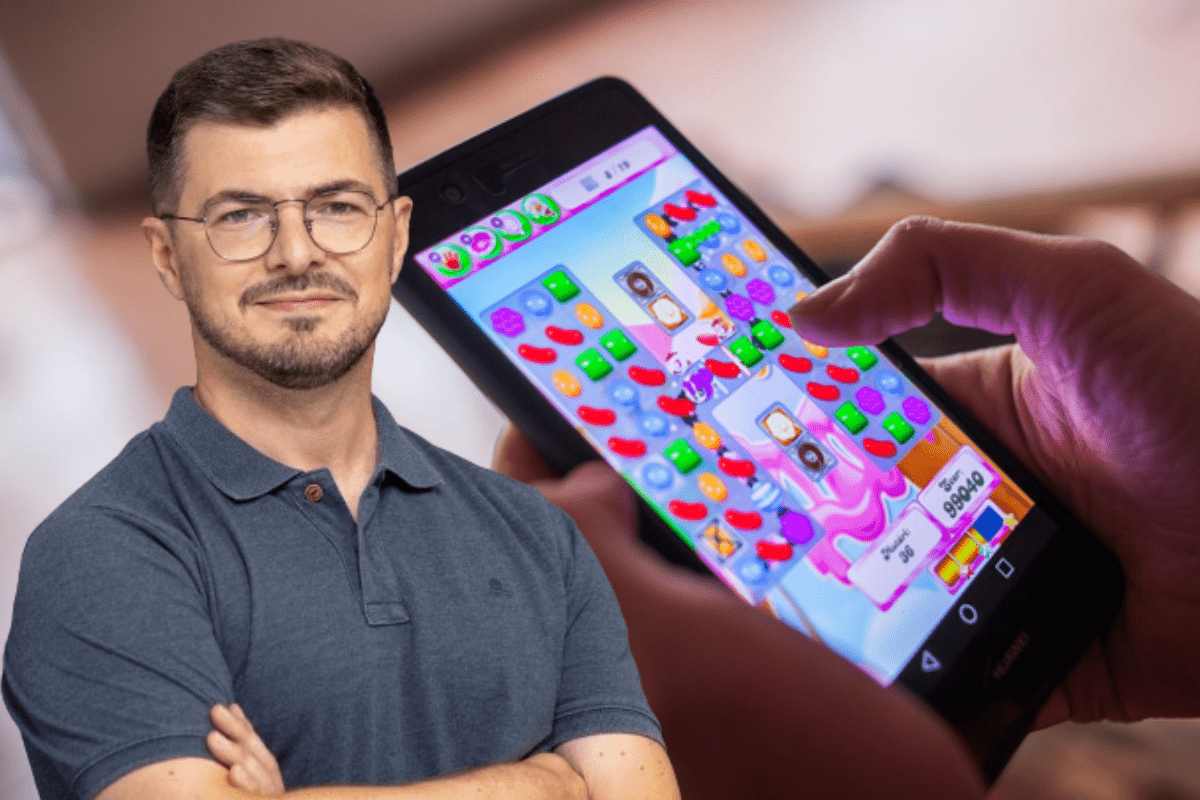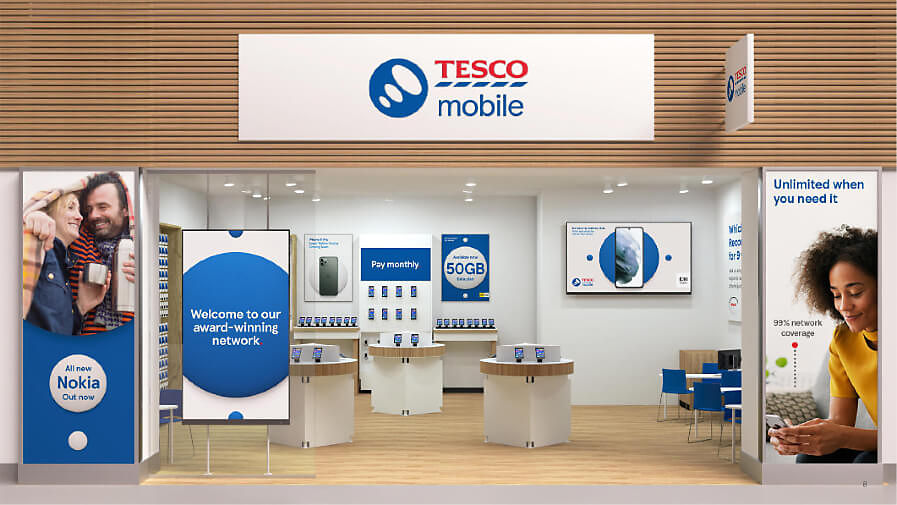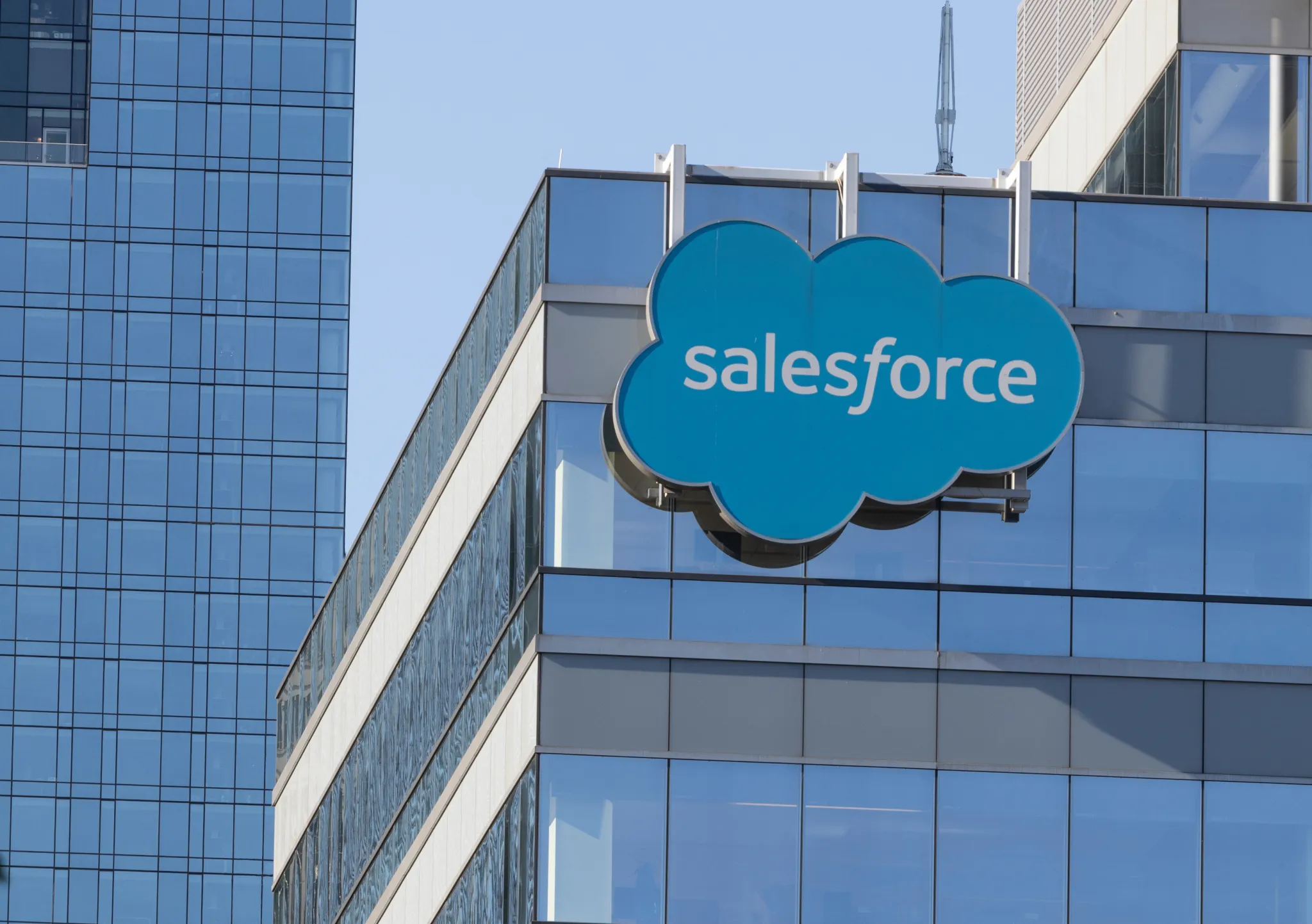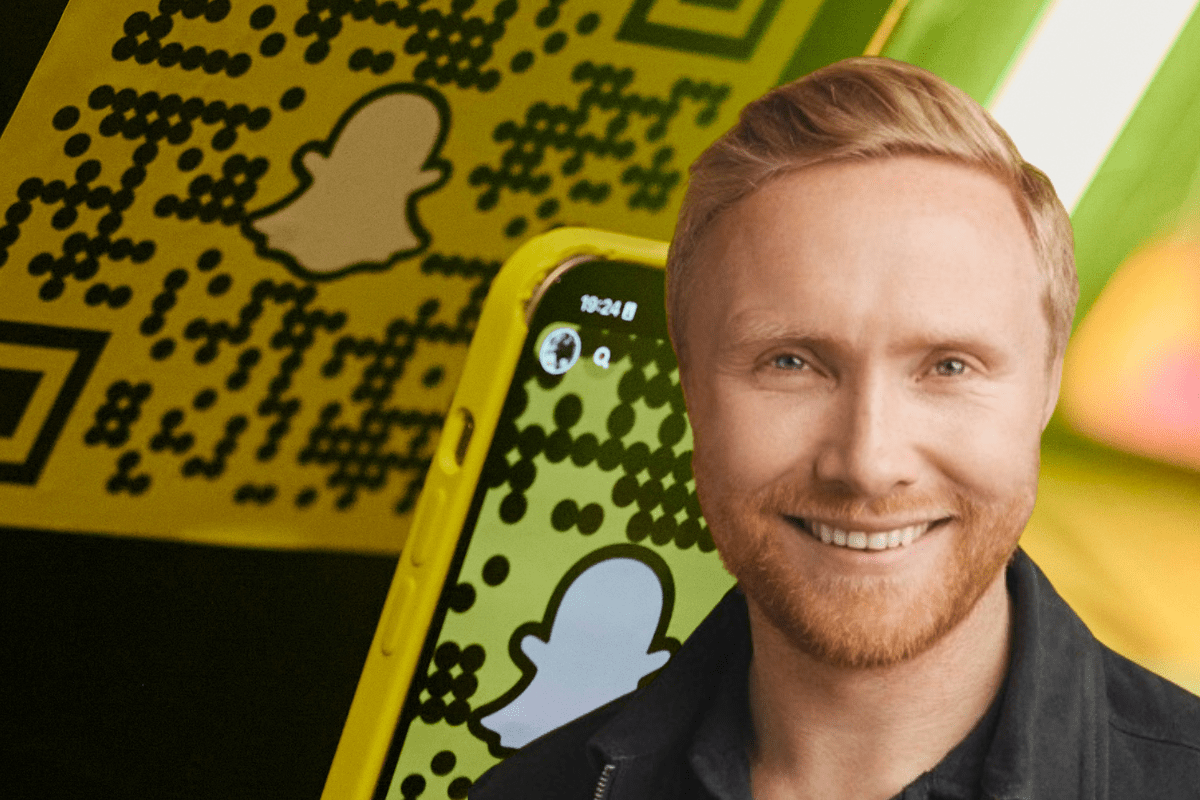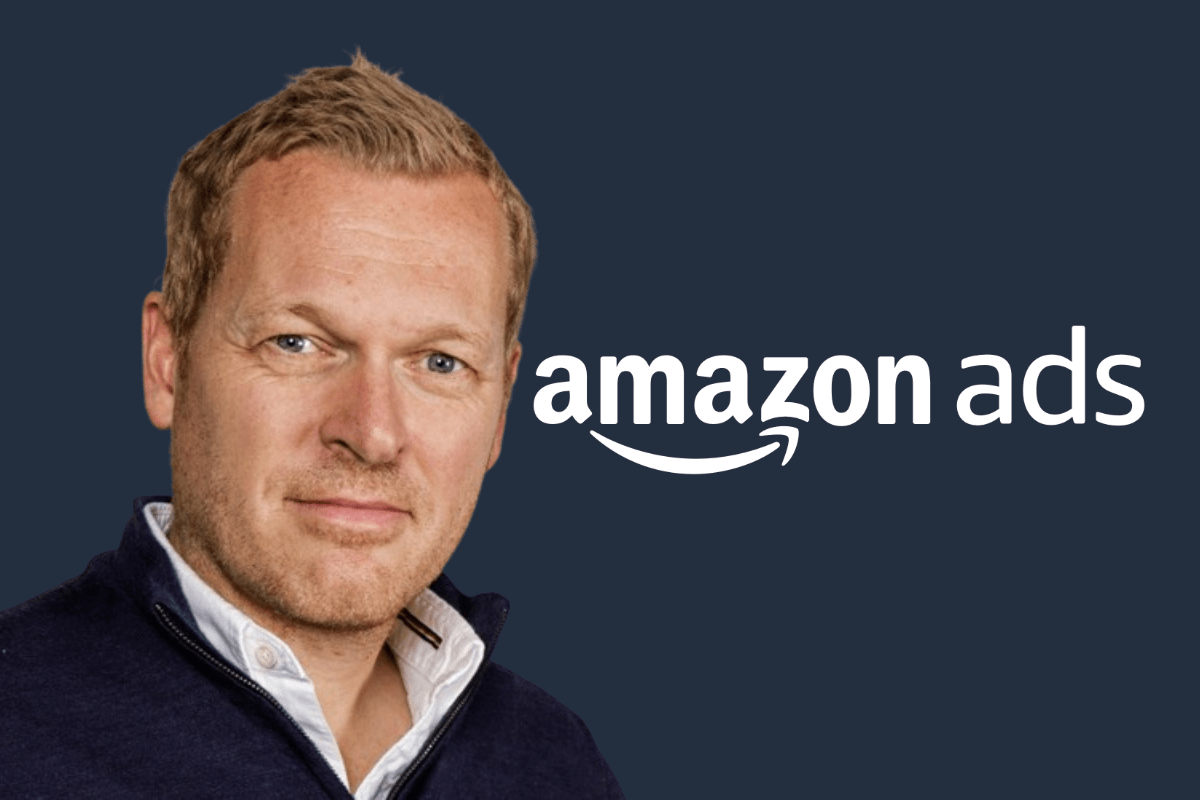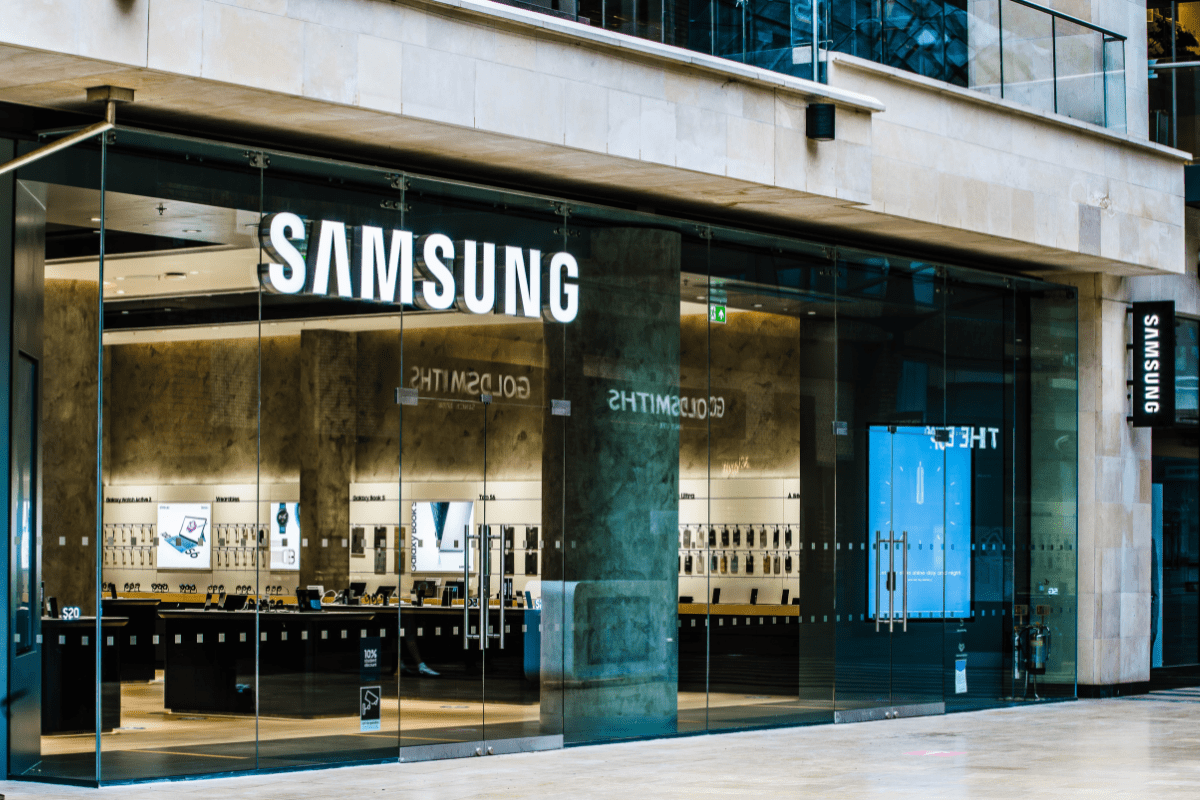Viewpoint: Can Everyone Bank on the Cashless Society?
- Wednesday, February 15th, 2017
- Share this article:
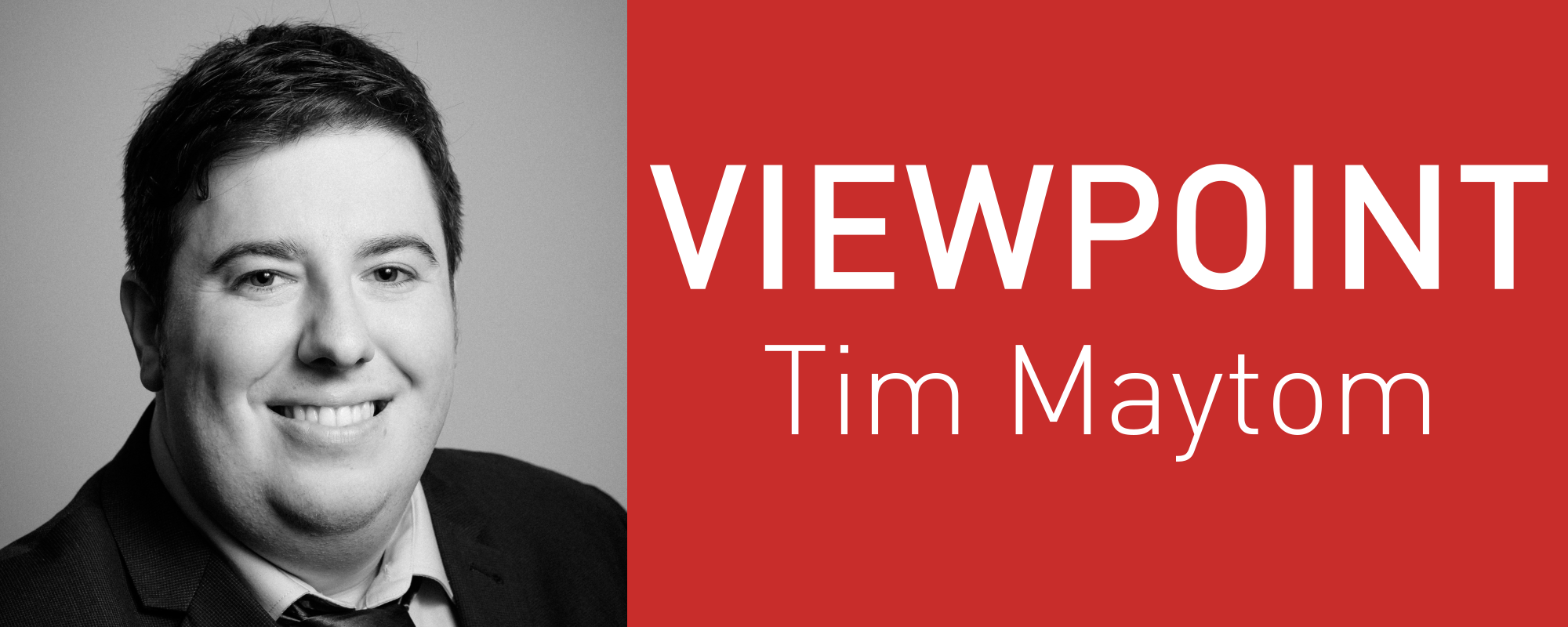
The global growth of mobile has been one of the central drivers in the push towards a cashless society, where contactless cards, mobile payments and RFID-enabled terminals replace coins and notes in everyday transactions. The cashless society has been posited as a way of decreasing crime, fraud and even waste, as well as making banking and financial transactions smoother and more customer friendly.
Countries like Denmark, where over a third of the population have downloaded money transfer app MobilePay, are pushing to go cashless within the next few years, while a survey from Lloyds in September 2015 suggested that a quarter of Brits think they’ll have eliminated the need for physical currency by 2020, as more and more value is placed on speed and convenience.
But in this push towards a cashless society, are fintech firms, banks and governments at risk of leaving people behind? Cashless currency, whether in the form of credit cards or mobile payments, generally relies on the consumer having a bank account in some form, but some 1.5m adults in the UK remain unbanked, despite Britain ranking ninth globally in terms of banking inclusion, according to 2015’s report by the Financial Inclusion Commission. Of those 1.5m, only half feel the need to open a bank account, and around two thirds have had accounts in the past, but chosen to close or abandon them.
Even moving beyond the unbanked, leaving behind cash isn’t always the best choice for some people. Over a quarter of the newly banked are ‘net losers’, having incurred more in penalty charges from financial institutions than they have gained in savings. 15 per cent of newly opened accounts are closed or abandoned without any activity, and around half the people with a basic bank account choose to manage their money in cash.
A lack of access to or familiarity with financial products is often linked to vulnerable circumstances, such as those with chronic illnesses, people with low levels of literacy or people with English as a second language, and the growth in mobile banking is unlikely to offer any simple solutions for people in these groups.
One group that is particularly vulnerable in this regard are the homeless and those with insecure housing. The Big Issue Foundation works to support people in such situations, helping them establish themselves as independent vendors and determine their own path towards a better future. Speaking with CEO Stephen Robertson, he said that the rise of the cashless society has led to difficulties for many vendors.
“Quite a lot of people, quite genuinely and increasingly, don’t carry cash. It’s undoubtedly a barrier, and you can move around towns and cities these days without really needing any cash upon yourself at all. That is a problem and it’s certainly something that we’ve been looking at most intensively over the past 18 months.”
Fintech has hardly been sitting on its laurels, of course, and Robertson notes that there are a wealth of solutions aimed at enabling card or contactless payments for small businesses that could easily be used by Big Issue vendors. However, the market is still relatively fragmented, especially when it comes to app-based platforms.
“One of the challenges there is the relative brand strength of those solutions,” says Robertson. “If I’m advertising that I take cash by an app that you’ve never heard of, it makes it quite hard, and one of the things that we’ve been quite mindful of in this is looking for named, well-known, established brand solutions to create both the likelihood that more people will have it, but also creating some legitimacy around that as well.
“One of other constraints that we’ve experienced at the moment is the back-end banking solution to this. Certainly there are issues attached to how you get the cash to someone quickly, what the commission rates are that are charged on that, and of course the beauty of being paid in cash is that you have cash to go and reinvest in the product immediately or buy yourself a sandwich at lunchtime or whatever you need.
“For us, it really is both a question of brand legitimacy and banking efficiency, and then it’s also financial inclusion project. Lots of these solutions are cheap, and utility and availability to people who have less cash than others is kind of critical for inclusion. If we assume that all of that happens, then I think we have a very powerful platform to talk about what genuine inclusion means these days.”
A good place for fintech providers to draw inspiration from is one of the success stories in mobile payments and banking, Vodafone’s M-Pesa platform. The service operates in 10 countries around the world including Kenya, Tanzania, India and Afghanistan, and doesn’t require a bank account, simply a feature phone. Initially designed as a money transfer system, the solution has evolved into a more sophisticated mobile banking and payments platform, enabling users to pay utility bills, receive their salary, make purchases in shops and even withdraw money from ATMs.
M-Pesa was created as a joint project by Vodafone and the UK’s Department for International Development, and was originally conceived as a way for people to repay microfinance loans using their mobile phone. However, once it made it into the hands of consumers in Kenya, where it was launched in 2007, Vodafone discovered it was being put to a much greater variety of uses.
Within eight months, 1m Kenyans had signed up to M-Pesa, and that number that now stands at 20m. Over half of Kenya’s GDP is transferred via M-Pesa at some point, and 100 times as many M-Pesa kiosks now exist in the country compared to cash machines. The system also led to reductions in fraud, from police officers demanding bribes from Kenyan bus drivers, to corruption among government officials in Afghanistan.
The massive influx of consumers now able to save money has had a huge impact. In Kenya alone, it has increased per capita consumption levels and lifted almost 200,000 households, or two per cent of the country, out of poverty. M-Pesa has enabled workers, especially women, to move out of agriculture and into small businesses, and enabled a more efficient allocation of labour in a wide variety of verticals.
The huge success of M-Pesa shows that mobile can not only drive a shift to a cashless economy, but facilitate one that improves life for every level of society. However, fintech firms need to keep its inclusive model in mind when designing their solutions. With so much focus on innovation in the mobile space, it’s easy to create platforms with early adopters using cutting-edge phones in mind, but a cheaper, more robust model that embraces every level of consumer will see not only a greater uptake, but an impact that can help reshape a nation.




